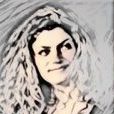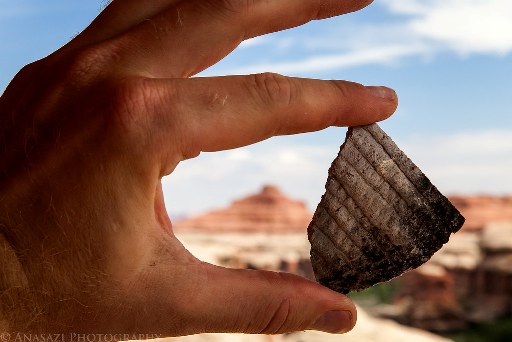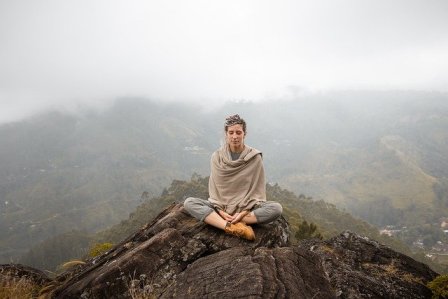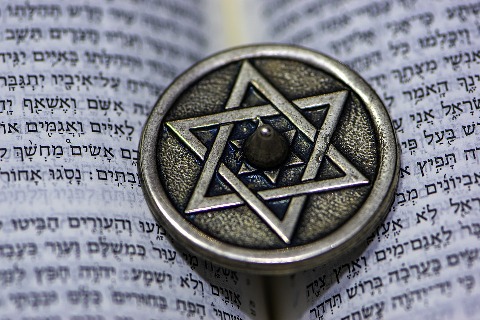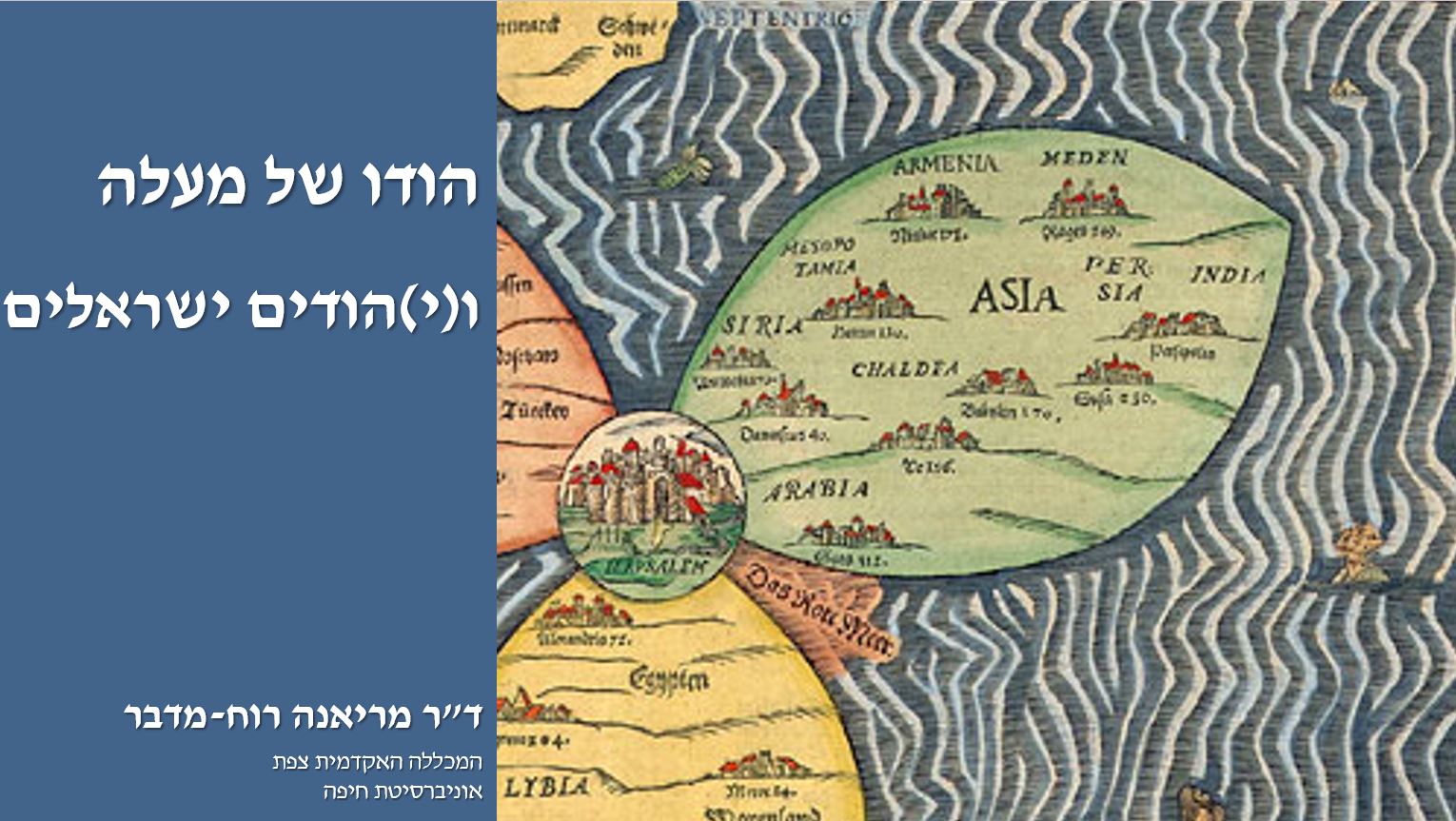An Encyclopedian Entry on Mothering and Spirituality
This short entry featured as one among hundreds of others included in the 3-volume Encyclopedia of Motherhood, edited by Andrea O'Reilly. The entry deals with the connection between mothering and spirituality, to motherly deities (in Kabbalah, Hinduism, and Mother Earth - Gaia), to the spiritual valor of mothering, and the balanced feminine role. It was written and published on the same year in which Marianna Ruah-Midbar became a mother.
